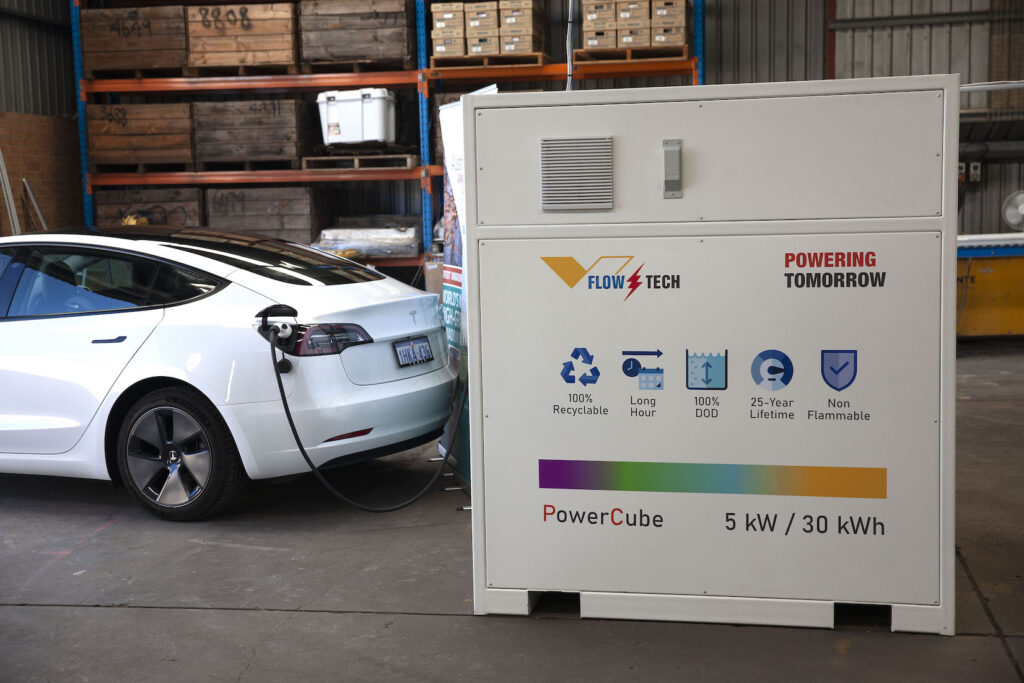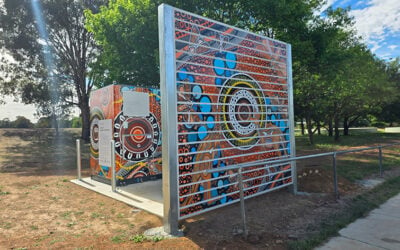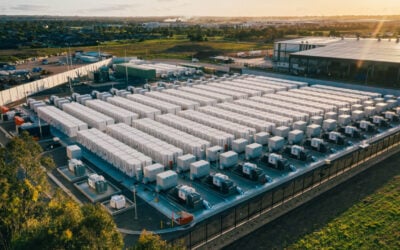
Australian Vanadium, a startup looking to establish a vertically integrated vanadium flow battery business, has signed a Memorandum of Understanding (MoU) with developer North Harbour Clean Energy (NHCE).
NHCE is focused on developing long-duration energy storage capacity at pumped hydro energy storage (PHES) and vanadium redox flow battery (VRFB) sites, having identified strong fundamental market drivers for the technologies as Australia moves away from fossil fuels.
The developer is in a collaborative partnership already with the University of New South Wales (UNSW), where the vanadium flow battery was invented and developed in the 1980s by a team led by Professor Maria Skyllas-Kazacos.
Australian Vanadium, which is developing an upstream primary vanadium resource as well as electrolyte manufacturing, also has a subsidiary, VSUN Energy which promotes and markets VRFBs and VRFB-based battery energy storage systems (BESS). VSUN also has a partner in Singapore, VFlowTech, which makes the systems.
Try Premium for just $1
- Full premium access for the first month at only $1
- Converts to an annual rate after 30 days unless cancelled
- Cancel anytime during the trial period
Premium Benefits
- Expert industry analysis and interviews
- Digital access to PV Tech Power journal
- Exclusive event discounts
Or get the full Premium subscription right away
Or continue reading this article for free
It has received funding support from the Australian government including A$49 million of the expected total cost of A$367 million for building a vanadium processing plant, through the government’s Modern Manufacturing Initiative.
The company said this morning that NHCE has identified VRFBs as a “proven, commercialised product” that can support the developer’s roll out of PHES.
Through the non-exclusive two-year MoU, the two parties will explore possible project development opportunities as well as local manufacturing opportunities and options for leasing vanadium electrolyte, the single biggest-cost component of the devices.
NHCE could potentially source electrolyte from Australian Vanadium and work with VSUN Energy on product selection and project development.
NHCE is also supported by government funding, albeit indirectly as the company is one of 27 partner organisations working with UNSW and the University of Newcastle on Trailblazer, a federal government-led effort to establish new businesses and research partnerships.
VSUN Energy recently joined a project to trial the use of flow batteries to support electric vehicle (EV) charging. Parent company Australian Vanadium also signed an MoU in November 2021 which covered vanadium pentoxide as well as electrolyte supply, electrolyte leasing and possible product sales to Spanish company Gransolar Group’s energy storage subsidiary, E22 Energy Storage Solutions.





